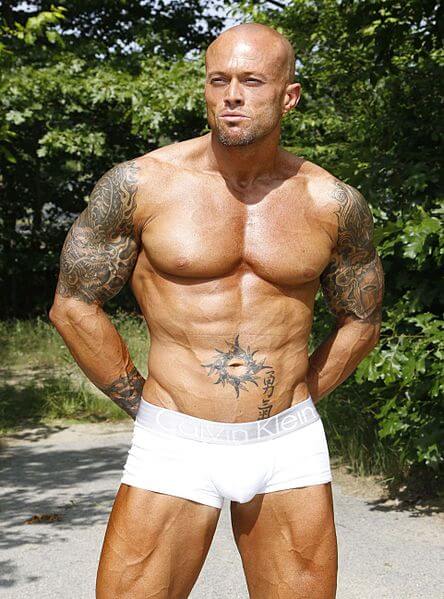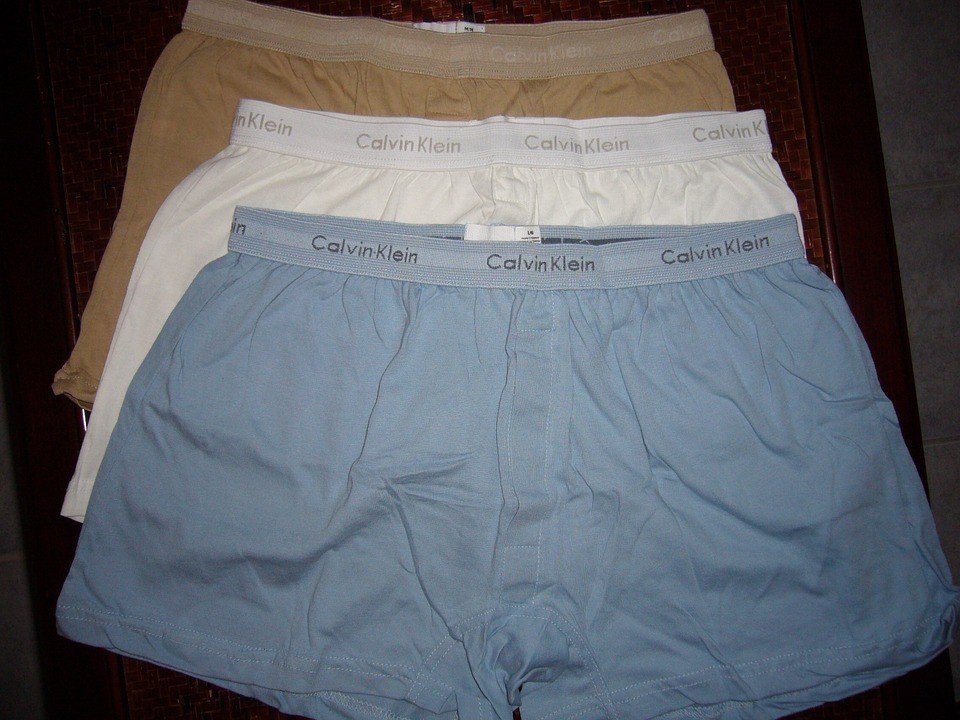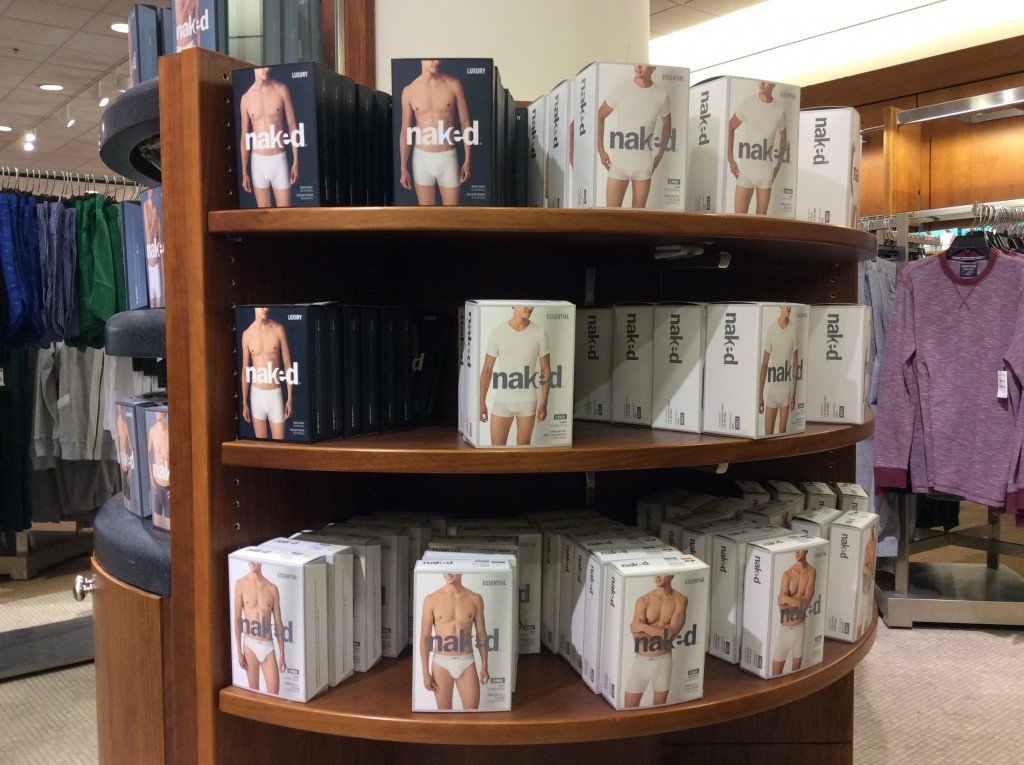Business
Real men don’t need abs and bulges, they just want a (comfortable) brief
Most men do not need their idols to convince them to buy underwear. They buy it mainly because of comfort.

If the recent forays of male celebrities into underwear ads is a result of brands’ attempt to practice equality, no one’s really sure. But sexualizing and objectifying men the same way they do with women isn’t giving them the end result they want.
When Justin Bieber appeared in a Calvin Klein ad in January, the advertisers behind it never imagined that the campaign would backfire. In the first place, why get a celebrity who is controversially loathed by many? But what made online users fuming with rage is not really the pop star, but the photoshopped “assets” that made him somewhat a bit well-endowed.

Calvin Klein boxer shorts. (Source)
There’s a possibility that it’s just one of the hits and misses in the advertising world. In 1991, Mark Wahlberg appeared in a now-classic boxer brief ad with then-unknown Kate Moss. This turned out to be a hit, and experts consider it as a game changer in the underwear commercial department. The modern boxer brief Calvin Klein itself invented became a global hit, spawning trends and designs that continue to grace apparel stores today. Both Wahlberg and Moss hated this ad, but what’s done is done. Consumers loved it and they’re still loving it today.
However, while the world is inundated with billboards and TVCs with scantily-clad, sculpted celebrities, some brands choose to stay away from such cliché. Le Slip Francais and TOOT proved that humor is enough to sell men’s undergarment. Also, these two not-so-gigantic brands constantly remind advertisers that advertising is still about wit, creativity, and ingenuity. And that one does not need a super-famous pop star or sportsmen to convince consumers that they need to have something under their trousers, too.
The reality is that brands do not have to convince men to buy underwear.
Men—most of them, that is—buy underwear solely for comfort and not because their idol wears one. Mack Weldon said that male shoppers look for practical base layer that provide performance and comfort. “It’s gone beyond sex. It’s more about performance and an active lifestyle. Even if you’re not jumping over hurdles or playing basketball, you’re navigating the daily grind.”
Adam Dinkes, president and CEO of luxury underwear brand Tani, said that underwear commercials with male celebrities in them can only capture initial attention but not guarantee purchase. He also emphasized that men weigh options for themselves and make their own purchases.
Hence, for men, it’s always about function and comfort above all else. Unlike women, they don’t borrow confidence from undergarments; they get it from several factors such as commendation and attention from the people they value.
One emerging luxury underwear brand seems to understand this completely.
Naked Brand Group Inc., since its inception, capitalized only on its products. Despite being a luxury brand, its ads do not have recognizable face in them. There are undergarment-donning models but Naked chooses not to reveal their faces, focusing only on the products themselves and its quality.
Joel Primus, Naked’s founder and president, has only one vision: to create an innovative apparel brand that combines performance and luxury to redefine the clothing industry. Thus, Naked clings to the latest clothing technology to offer comfort. Its products are made with Microfiber and MicroModal technology, or Italian-made fabric finer than silk or cotton and guarantees luxury to the skin.
But stylized underwear ads starring global superstars have their own market: those who like men, and, of course, the female consumers. They buy their celebrity crush’ underwear thinking that it’ll also look good on their partners and boyfriends. But, to avoid future misunderstanding, they still have to know what their partners really want or what specific underwear makes them comfortable. What appears to be ‘comfortable’ on Beckham may not be on his accountant partner.
Hence, it all boils down to asking: “Honey, boxers or briefs?”
Featured Photo by Bbpics via Wikimedia Commons. CC BY-SA 3.0
—
This article may include forward-looking statements. These forward-looking statements generally are identified by the words “believe,” “project,” “estimate,” “become,” “plan,” “will,” and similar expressions. These forward-looking statements involve known and unknown risks as well as uncertainties, including those discussed in the following cautionary statements and elsewhere in this article and on this site. Although the Company may believe that its expectations are based on reasonable assumptions, the actual results that the Company may achieve may differ materially from any forward-looking statements, which reflect the opinions of the management of the Company only as of the date hereof. Additionally, please make sure to read these important disclosures.

-

 Fintech5 days ago
Fintech5 days agoFirst Regulated Blockchain Stock Trade Launches in the United States
-

 Africa2 weeks ago
Africa2 weeks agoAir Algérie Expands African Partnerships
-

 Cannabis18 hours ago
Cannabis18 hours agoAurora’s Electric Honeydew Debuts in Poland, But Shared Registry Raises Patient Caution
-

 Markets1 week ago
Markets1 week agoRising U.S. Debt and Growing Financial Risks

























